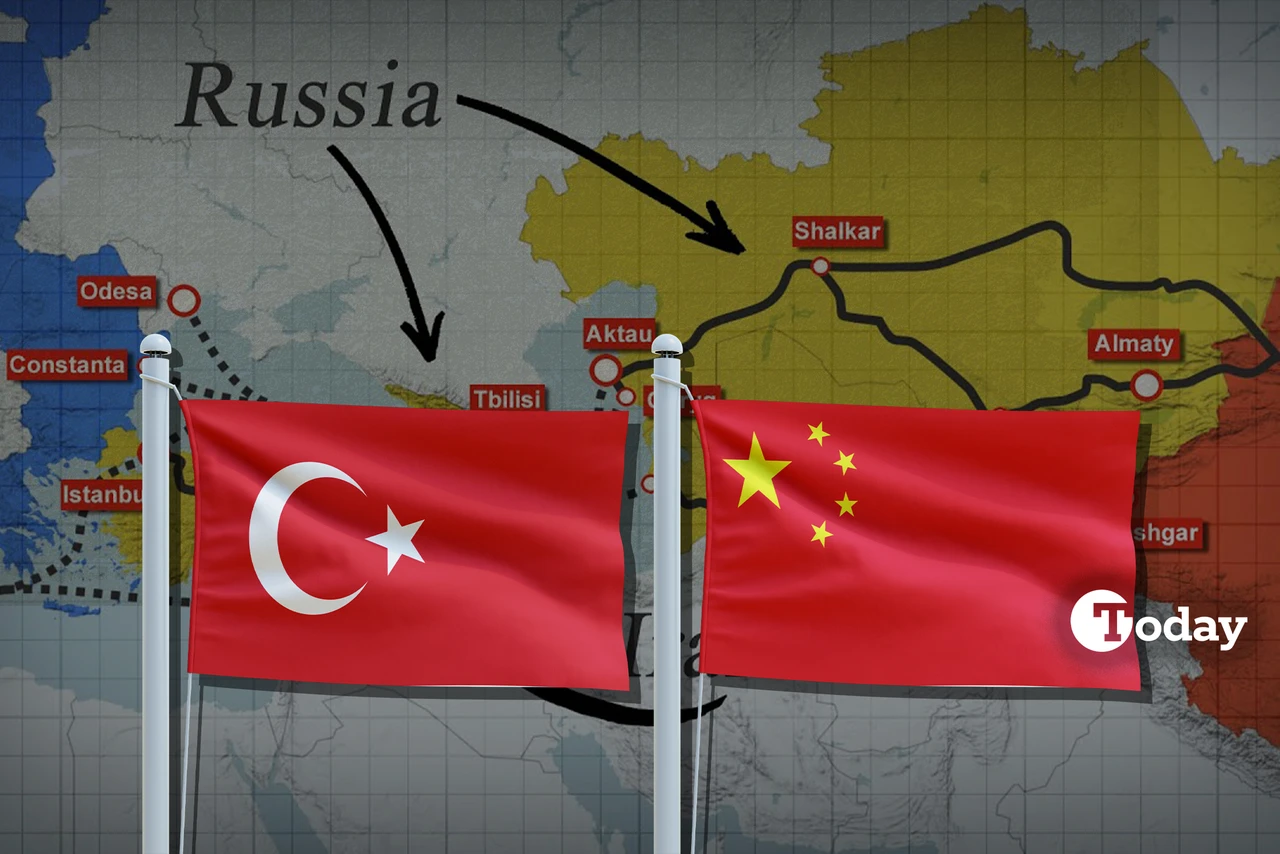Finland maintains top spot as Türkiye rises in World Happiness Report
 A young couple taking a selfie against the backdrop of the Blue Mosque in Istanbul, Türkiye. (Adobe Stock Photo)
A young couple taking a selfie against the backdrop of the Blue Mosque in Istanbul, Türkiye. (Adobe Stock Photo)
Finland has once again secured its position as the world’s happiest country, marking its eighth consecutive year at the top, according to the 2025 World Happiness Report. Türkiye, meanwhile, has climbed four spots from last year, reaching 94th place with a score of 5.262.
Global happiness trends: Costa Rica and Mexico enter top 10
The report, published on the United Nations’ International Day of Happiness, evaluates global well-being based on people’s self-assessments of their lives. Finland scored an impressive 7.736 out of 10, maintaining its lead. In a notable shift, Costa Rica and Mexico entered the top 10 for the first time, reflecting changing happiness dynamics worldwide.
At the opposite end of the spectrum, Afghanistan ranked as the least happy nation, with a score of just 1.364.
How happiness is measured
The World Happiness Report, developed by Oxford University’s Wellbeing Research Centre, asks individuals to rate their lives on a scale of 0 to 10, where 0 represents the worst possible life and 10 the best. The rankings are based on the three-year average of these scores, ensuring a comprehensive assessment of global happiness levels.
Compared to 2012, the first year of the report, Türkiye has experienced a slight decline of 0.08 points. However, its recent rise in ranking indicates a potential positive trend in overall well-being.
Social trends shaping global happiness
The 2025 report highlights key factors influencing happiness worldwide:
- Declining happiness and social trust in parts of the US and Europe are linked to increasing political polarization.
- Sharing meals with others is strongly associated with well-being across cultures.
- Household size plays a crucial role in happiness, with families of four to five members in Mexico and Europe reporting the highest satisfaction levels.
Jeffrey D. Sachs, head of the U.N. Sustainable Development Solutions Network, emphasized that “trust, kindness, and social connections form the foundation of happiness.”
Oxford’s Wellbeing Research Centre director, Jan-Emmanuel De Neve, added, “In an era of social isolation and political division, we must find ways to bring people together. Achieving this is critical for both individual and collective well-being.”
Are strangers kinder than we think?
For the first time, the 2025 report also examined public trust in strangers. One experiment involved “lost” wallets intentionally placed in various locations to test whether they would be returned.



